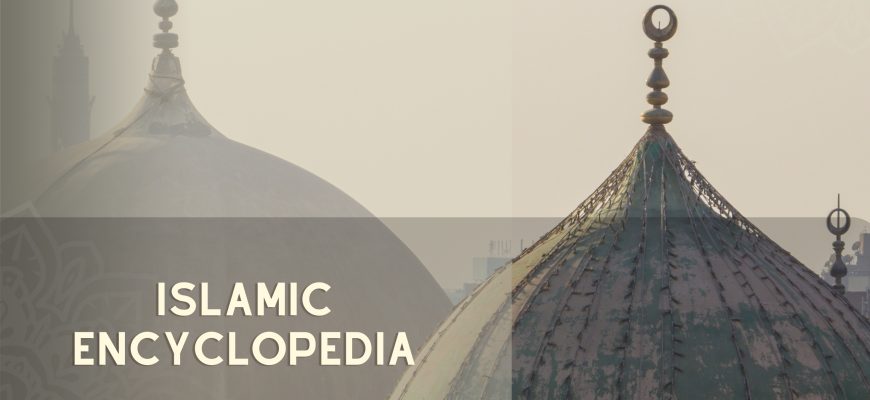- Contact Us: +971522387038
- Email:admin@islam-network.com

Islamic Encyclopedia
An Islamic encyclopedia course is a comprehensive reference work that aims to provide a broad and detailed coverage of various aspects of Islam, including its history, beliefs, practices, culture, and contributions to various fields of knowledge. It is a valuable resource for both Muslims and non-Muslims seeking in-depth information about Islam and its diverse facets. Islamic encyclopedia books are usually compiled by scholars, researchers, and experts in Islamic studies and related fields. These books are often organized alphabetically or thematically for easy navigation and accessibility.

What You Will Learn?
1. Islamic History: The book would cover the history of Islam, including the life of Prophet Muhammad (peace be upon him), the expansion of the Islamic civilization, the various Islamic empires and caliphates, and important events and figures in Islamic history.
2. Quran and Hadith: The encyclopedia would provide explanations of key Quranic concepts and themes, information about the different chapters (surahs), and details about the Hadith literature and collections of sayings and actions of Prophet Muhammad (peace be upon him).
3. Islamic Theology and Beliefs: It would explore the fundamental beliefs and doctrines of Islam, including the Oneness of God (Tawheed), angels, prophethood, predestination, and the afterlife.
4. Islamic Jurisprudence (Fiqh): The book would cover the principles of Islamic jurisprudence, including the different schools of thought, the sources of Islamic law, and various legal rulings related to worship, family, finance, and ethics.
5. Islamic Ethics and Morals: It would delve into Islamic ethical teachings and moral values, emphasizing virtues such as honesty, compassion, justice, and humility.
6. Islamic Art, Architecture, and Calligraphy: The encyclopedia would showcase the contributions of Islamic civilization to art, architecture, and calligraphy, with descriptions and illustrations of famous landmarks and masterpieces.
7. Islamic Sciences and Scholarship: It would highlight the achievements of Muslim scholars in various fields, including mathematics, astronomy, medicine, philosophy, and literature.
8. Sufism and Spirituality: The book would explore the mystical dimension of Islam, known as Sufism, and its practices of spiritual purification and closeness to God.
9. Islamic Culture and Traditions: It would provide insights into Islamic culture, traditions, festivals, and customs observed by Muslims worldwide.
10. Interfaith Relations and Dialogues: The encyclopedia might include sections on Islam’s interactions with other religions, interfaith dialogues, and efforts towards understanding and peaceful coexistence.
11. Biographies of Key Islamic Figures: It would feature biographical entries of notable Islamic scholars, theologians, rulers, and other influential personalities throughout history.
12. Glossaries and Indexes: The book may include glossaries of Islamic terms and indexes for quick reference.
Islam Network Copyright 2023 - All Rights Reserved
